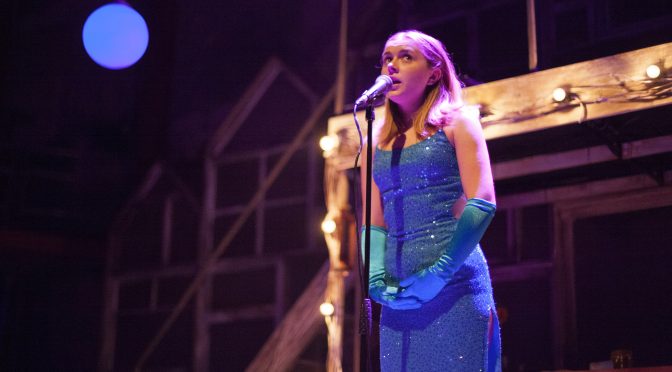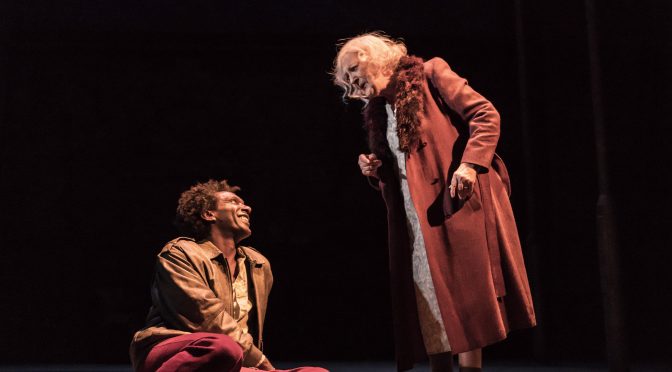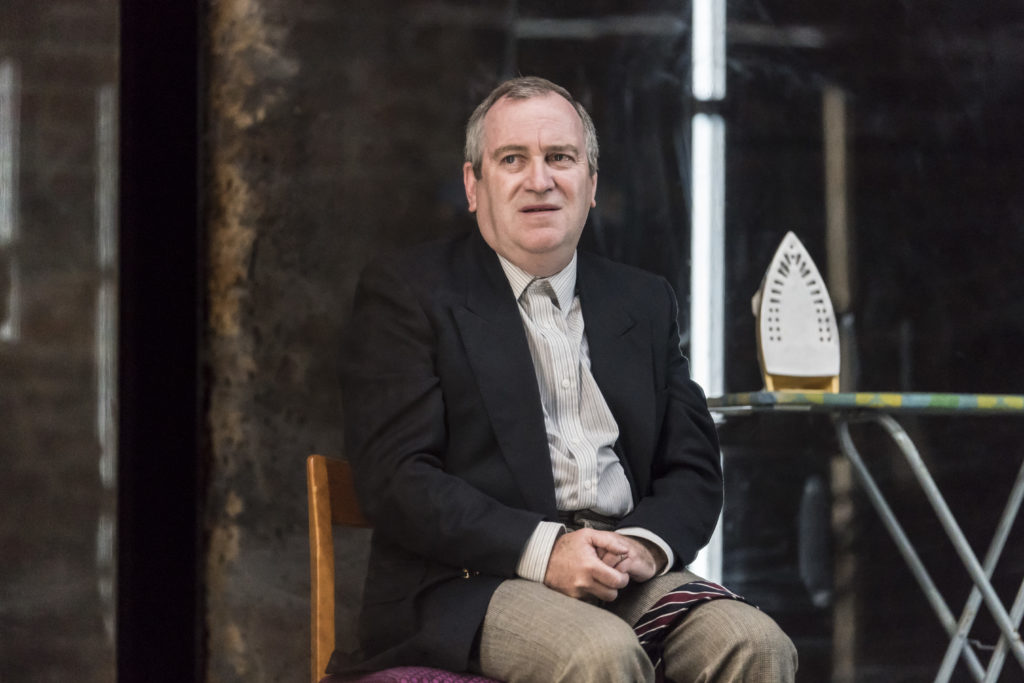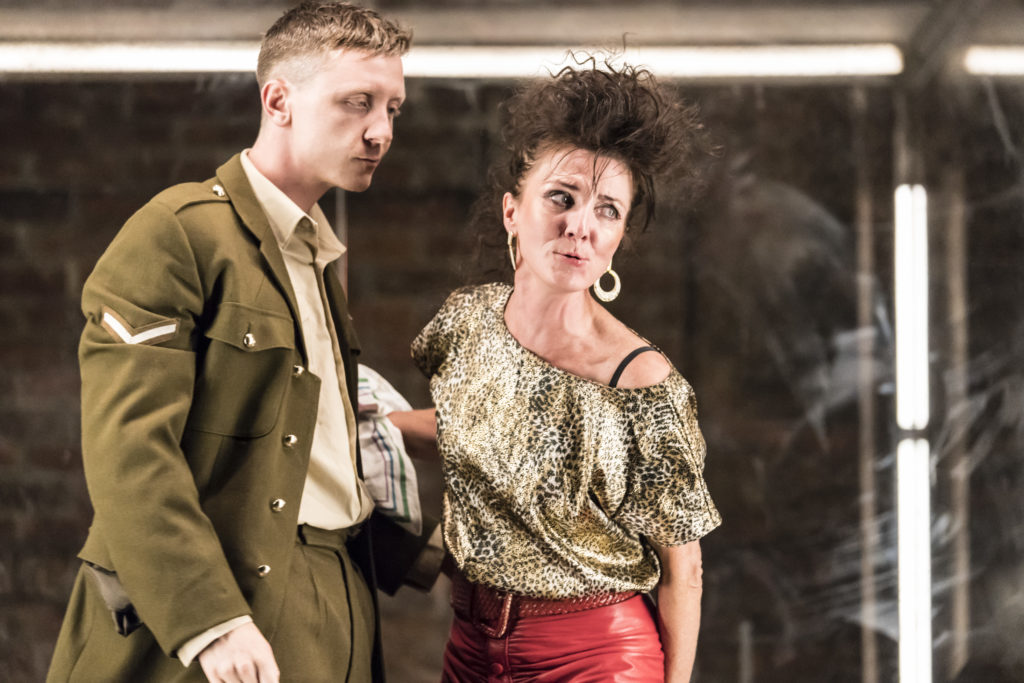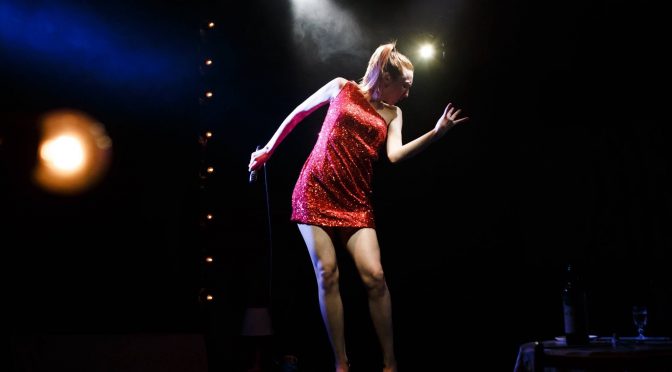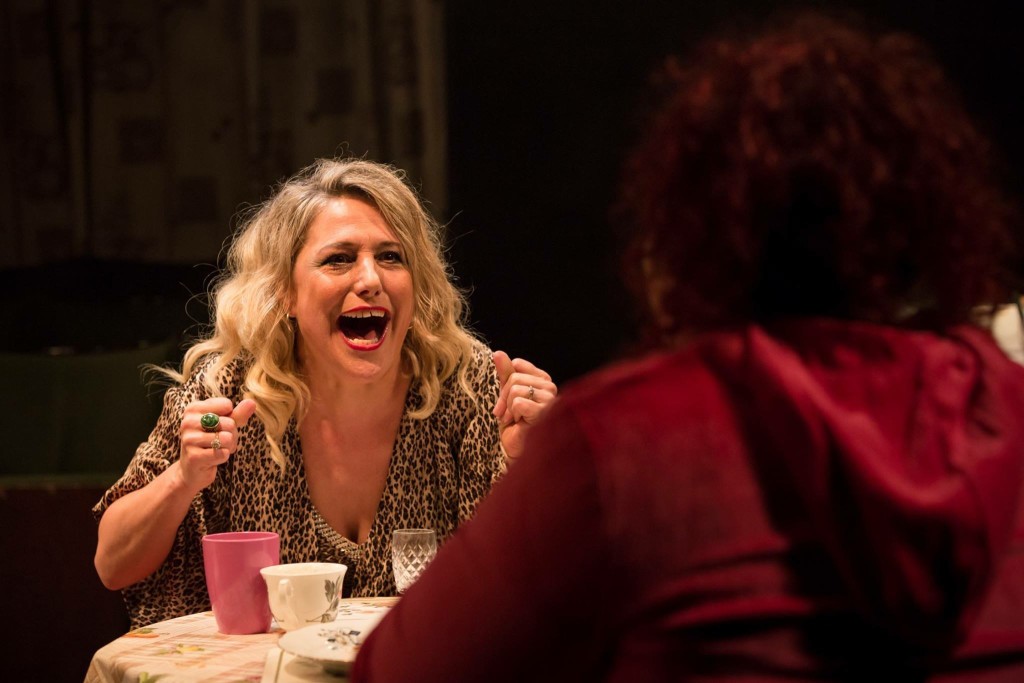This misguided new production of Jim Cartwright’s excellent play is a disappointment. Given the much-loved 1998 film, expectations on any revival are bound to be a heavy burden. But the characters of Little Voice, a reclusive singer impressionist, and her mother, the inimitable Mari, were written for the stage. Director Tom Latter makes a mess of allowing us the luxury of seeing them live.
Rafaella Hutchinson takes the lead and should be pleased with her performance. She might portray Little Voice’s meekness a little more, but the character’s fear and anger are convincing. Hutchinson’s singing voice is strong, although the impersonations get stuck at Judy Garland. It ends up pleasing – rather than amazing – to see her character move from bedroom to stage, so Hutchinson’s talent feels wasted.
The problem is that the play is horribly rushed. Hutchinson stands her ground against Latter’s speedy approach, but the rest of the cast suffers. Kevin McMonagle, as the budding promoter hoping to exploit young talent, becomes shrill and annoying. And while Linford Johnson, as the love interest Billy, has good chemistry with Hutchinson, the scenes between them both are too brief to enjoy.
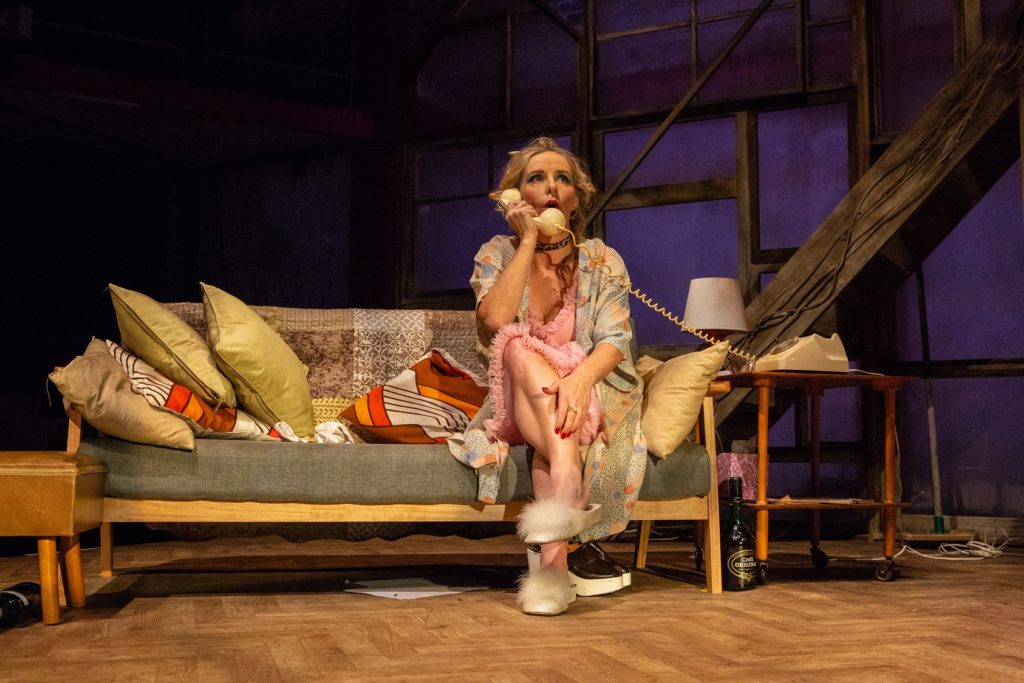
Worse still is the fate of Mari. It’s understandable that she delivers some lines at a cracking speed – it shows how smart she is. But the character is then undermined. Latter, and his partner-in-crime associate director Anita Dobson, interpret a facility for language as mistakes. So Mari’s plays on words become malapropisms and we end up laughing at her, rather than with her. It’s all a special shame since Sally George has the stage presence needed for the role – and when tensions between mother and daughter reach a crisis point, she gives a moving performance. But we are unprepared to appreciate how desperate Mari is, or how much self-knowledge she possesses. A patronising tone, seen throughout the production, leaves the play without rise or fall, as if watching it on a flat screen.
Until 15 September 2018
Photo by Scarlett Casciello (top) and Ali Wright (inset)

